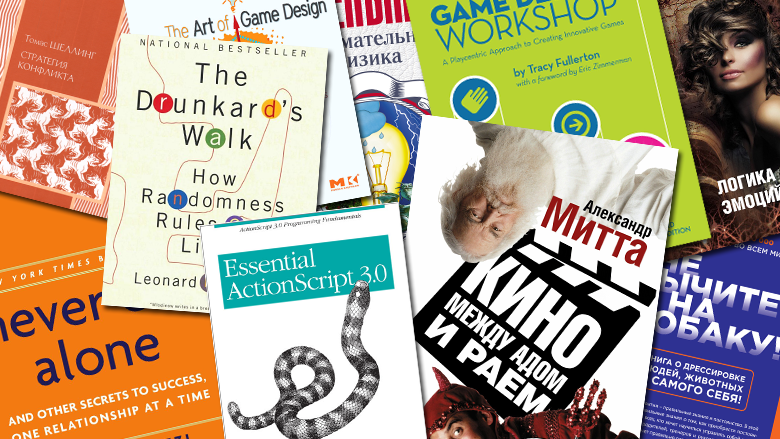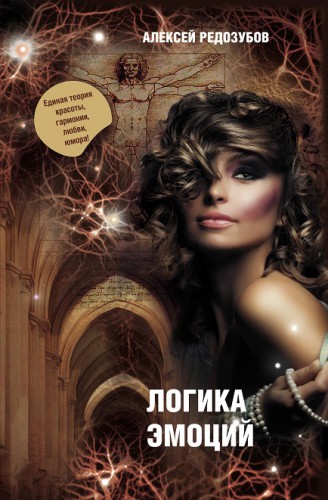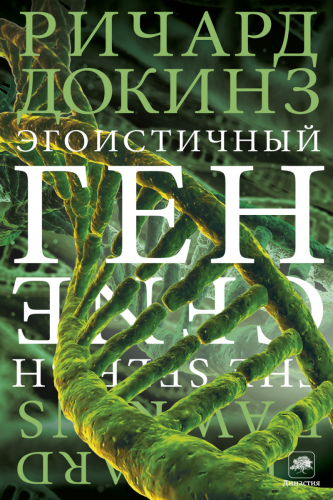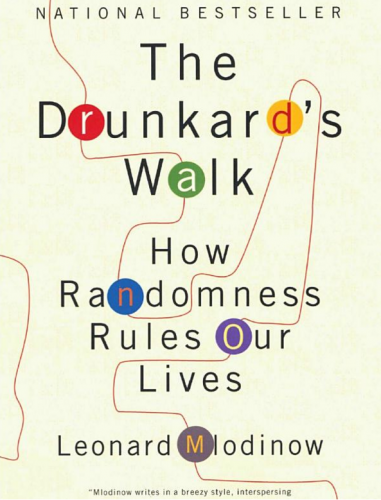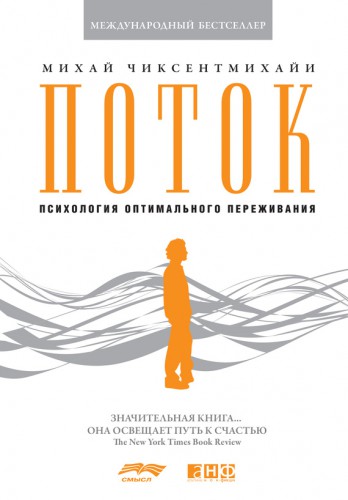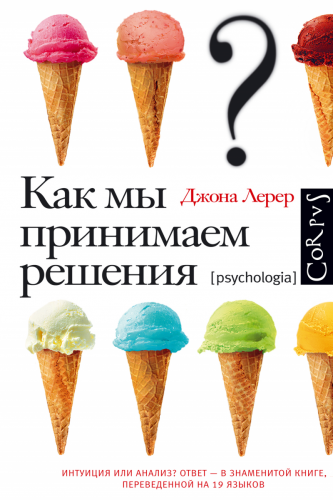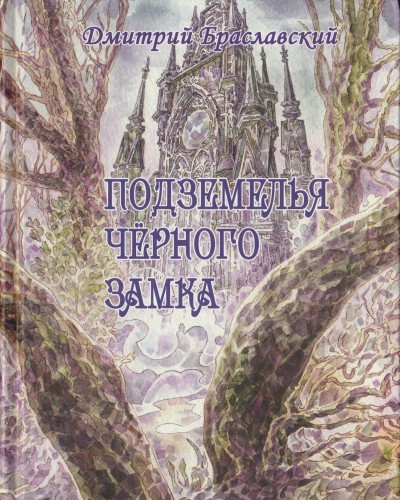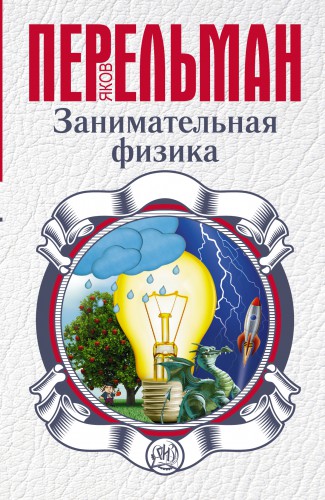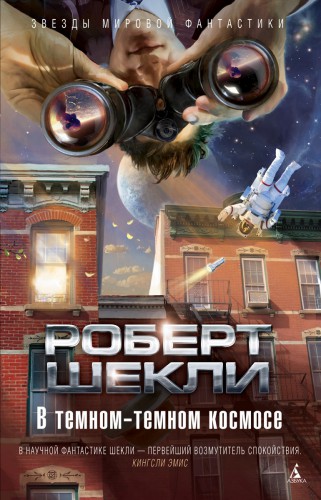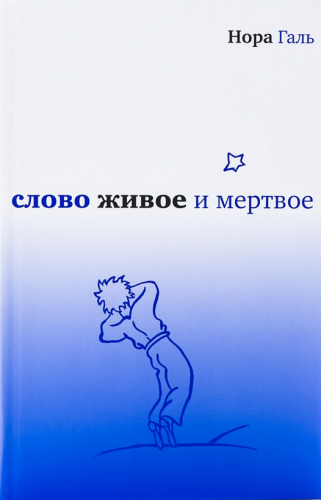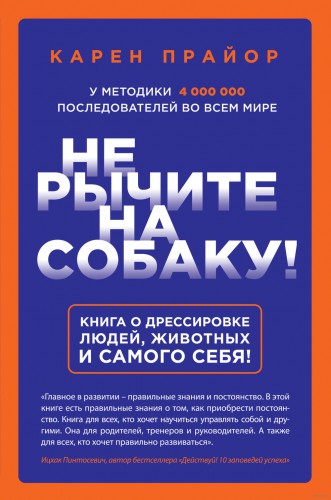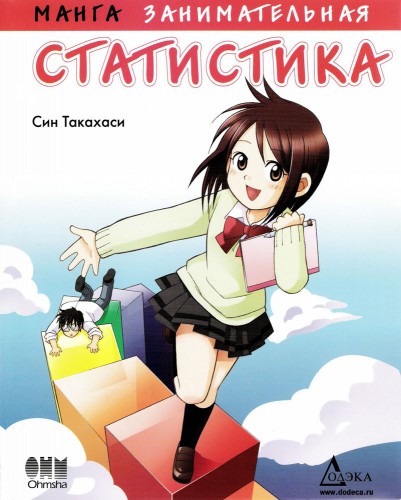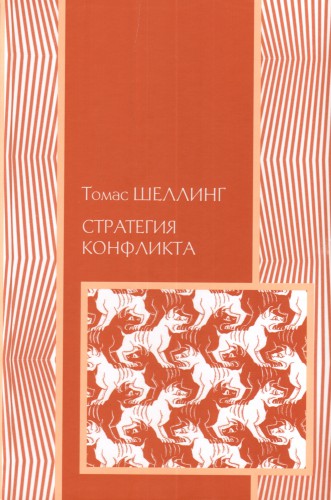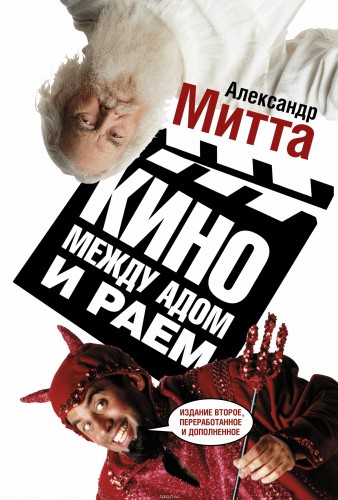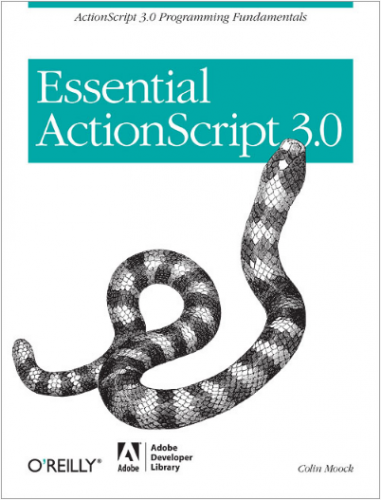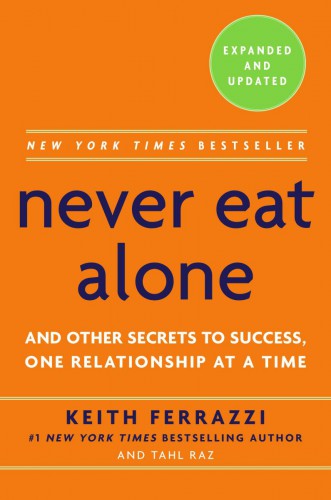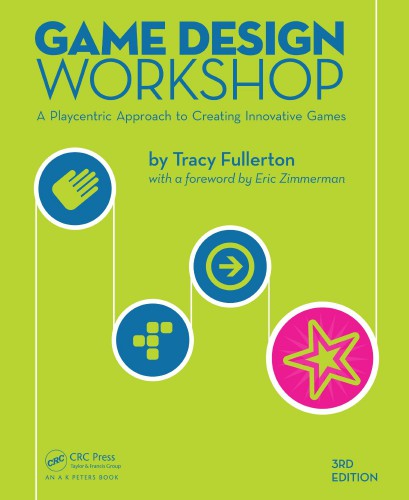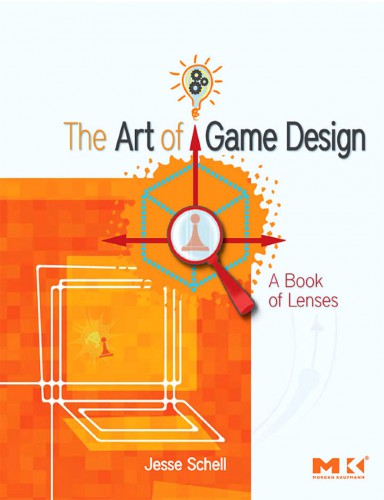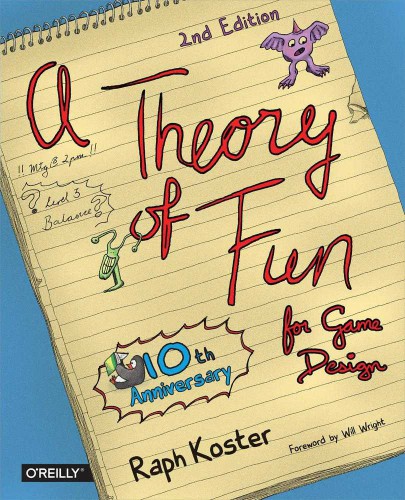About what should (or should not) read if you decide to become a game designer, App2Top.ru told by Artur Ostapenko, Svyatoslav Torik, Andrey “Krank” Kuzmin, Leonid Sirotin, Ilya Yeremeev and Dmitry Nozhnin.
There is no universal answer to the question “how to become a game developer or designer”. You can advise to take up the development of mods or go to testers. But it is impossible to say – go there, they will definitely teach you this there. There’s nowhere to go. At least in Russia, where, perhaps, the only place where they are ready to teach development is the Moscow Scream School – and even then only as part of additional education.
At the same time, there are many universities in the West offering to get a “gaming” education. For example, in neighboring Finland, it is possible to get a master’s degree in Game Design and Production at Aalto University, which is considered much more prestigious in the world than St. Petersburg State University, the second largest in Russia.
Since there are full-fledged programs that teach and produce specialists abroad, then there must be books on which they can be built, we decided and asked game designers to compile for us the Top 5 best books on development / game design or at least advise what is worth reading.
But then we suddenly ran into a problem. The fact is that many people refused to advise books on game design.
“I haven’t seen any useful books in this area yet,” Artur Ostapenko, founder and CEO of Avallon Alliance, told us. – “I think because it is developing very quickly and they do not have time to formalize the experience normally.”
Svyatoslav Torik, Product Vision Expert at Wargaming.net : “I don’t have a single book in my read asset that would reveal any secrets of game design or the basics of video game development. To work in an industry that radically changes its face and place in the culture of all civilizations of the planet every seven years, it is simply harmful to read texts whose relevance becomes obsolete after a couple of years. Especially for someone who is just going to engage in game planning.”
“Frankly, we haven’t used books for a long time. Everything is developing and changing so fast that books simply can’t keep up: the wrong format, the speed of updates is not the same,” confirms Andrey “Krank”, a veteran of the Russian gaming industry, founder of KranX Productions Kuzmin.
More categorical is the author of one of their first free-to-play hiddenov – the game “Mysterious House” – Leonid Sirotin: “I categorically forbid my employees to touch this g****.” Among other things, he explained his position by the fact that “Everything is changing very quickly now. It is impossible to come up with recommendations that will last for a long time.”
To the logical question: what to read then, far from the most expected answers were received.
For example, Kuzmin noted that one of the main sources of information for him today are articles on the Internet. Sirotin also stated that 10% of the game is read fiction books and comics that help with ideas. As for the remaining 90%, it is “a stone ass, a steel will and millions of games played.”
In turn, from Ostapenko’s point of view, game designers should read “about psychology, cognitive distortions, how the brain works, how emotions work, probability theory (including Bayes), combinatorics, the creation of mathematical models for game economics and mechanics. In general, they should learn to objectively study the behavior of players with the help of numbers, and not just from reviews and feedbacks.”
To do this, Arthur advises to read the following books:
- Alexey Redozubov – “Logic of thinking”
On the topic of brain structure and emotions [“Logic of thinking” Redozubov positions his first book “The Logic of Emotions” as the development of ideas, which has already been published and the cover of which we have brought here – approx.editorial offices].
- Richard Dawkins – “The Selfish Gene”
About the basic motivation of all people.
- Leonard Mlodinow – “The Drunkard’s Walk: How Randomness Rules Our Lives”
By probabilities.
List of cognitive distortions on Wikipedia.
- Mihai Csikszentmihalyi – “Flow: the psychology of optimal experience”
Basic information about the state of the stream.
But Arthur emphasizes that it is also necessary to “play everything you can to accumulate data for analysis. And then to think about and discuss them with someone in order to formalize them in my head into clear models from vague images.”
Torik also gives an unexpected list of books, clarifying that “my five books are primarily those works that gave me some understanding of how things work that tickle my brain pleasantly. I got everything else for fifteen years of constant immersion in computer and console games.”
- Jonah Lehrer – “How We Make Decisions”
Lehrer is a popular science journalist who collected and summarized knowledge about how our brain works. And although the book often delves into physiological details, non-trivial situations in which people made decisions arouse interest. If we consider the game as a set of triggers for such situations, then it is worth reading what reactions can be caused in a player in general. I will note separately the third chapter, which deals with dopamine reactions and, in particular, ludomania (by the way, it is better not to read the book in Russian, the translation suffers).
- Dmitry Braslavsky – “Dungeons of the Black Castle”
It seems to be the first game book written in Russia. I managed to “play-read” this book in the early nineties, and although I already had a prefix, the “Dungeons of the Black Castle” gave an experience of a completely different kind. As Sid Meyer said, “the game is a series of interesting choices,” and the book-game is very visual in the sense in which the player creates his personal story based on the decisions made. But, unlike video games, here you can see all the story branches and rewards for them. When I started learning Quick Basic, my first attempts to create something interactive was a book-game.
- Yakov Perelman – “Entertaining Physics”
In fact, any book about the nature of phenomena and things will do, it’s just that I personally read Perelman as a child (along with a series of books like “100 greatest navigators”). For a game designer, such collections are simply a storehouse of plots, ideas and mechanics. They don’t need to be invented and justified – all the justifications have already been laid down by our Universe, it’s enough just to pull out what your game really needs.
- Robert Sheckley – “Stories”
During his life, this popular in Russia, but little-known at home, science fiction writer wrote more than 400 short stories and short stories. Each work contains either a frivolous paradox or a serious question of a socio-ethical nature. Reading stories is not only pleasant, but also useful – based on the situations and paradoxes described by Sheckley, I easily wrote intriguing eyeliners and denouements in MMORPG quests.
- Nora Gal – “The Word is Alive and Dead”
I read this book for self-education back in the days when I was engaged in journalism, not game design. But if you write for thousands and millions of players in Russian (yes, in any language, in principle), then these instructions will be useful to you. Why, if you just want to express your thoughts clearly and clearly, then “The Word alive and Dead” should be read by you at least twice.
Ilya Eremeev, creative director of A-steroids, dispensed with criticism of books on game design, simply noting that he did not include in his selection those books that, as a rule, fall into such collections. Ilya, according to him, “focused on books that will help broaden his horizons and indirectly help in the work of a game designer.”
- Pryor Karen – “Don’t Growl at the Dog!”
A wonderful book on behavioral psychology. Training, training and working with feedback is the basis of interaction both between people and between a person and a product. This book tells in an accessible form about the mechanics of learning and the development of reflexes, the formation of cognitive connections and will be useful not only to a game designer, but also to anyone interacting with other people.
- Shin Takahashi – “Entertaining statistics. Manga”
A great book for entering the world of statistics. A game designer should be guided in making decisions not only by his vision, but also rely on facts and track the results of his actions. Plus, this is a manga about kawaii nyasha, what other reasons do you need to read it?
- Thomas Schelling – “Conflict Strategy”
Game theory is not an easy discipline and its development may not be easy, but it is the basis for understanding the logic of decision-making. What could be more important for a game designer than to understand how a player thinks, and what strategies will be optimal in each game situation?
- Mitta Alexander – “Cinema between Hell and Heaven”
Game design is not only numbers and balance, and a game designer, even without being a screenwriter or a writer, must understand how worlds and plots are created, what characters and narrative structure can be, how to comprehend the art of directing? The answers can be found in this book.
- Colin Mook – “ActionScript 3.0 for Flash. Detailed guide”
A game designer must have at least a minimal understanding of things happening “under the hood” of the game. A few years ago, when Unity was still not so popular, I decided to master flash in order to deal with programming above the school curriculum. This book helped me create my own game without needing anyone’s help.
The experience of completing your own project is a unique experience that will give you an understanding of the processes that usually occur outside of your field of vision as a game designer.
And plus, understanding the principles of programming greatly facilitates the design process and increases the structurality of thinking.
- Keith Ferrazzi – “Never Eat Alone”
A book about the art of communication. One of the few books that influenced my worldview. I recommend it to anyone who wants to stop being a self-contained person and reach a new level of thinking and communication.
Game designer Dusk War Dmitry Nozhnin also shared with us his list, which, on the contrary, turned out to be as applied as possible.
- Tracy Fullerton – “Game Design Workshop: A Playcentric Approach to Creating Innovative Games”
Number one for any game designer. Consider this a step-by-step tutorial on how to make game design and how to test it. Not to invent in my head, but to implement in practice. Is it possible to make a prototype of a 3D shooter on a table, out of paper, hiking? Yes, it is possible, and it is necessary, if we are talking about the design of the density of enemies, the sense of space, traps or tactical schemes. The book is very practical, no water.
- Jesse Schell – “The Art of Game Design: A Book of Lenses” / Brenda Brathwaite – “Challenges for Game Designers”
These are the two best books for experienced game designers who would like to upgrade or look at their work from a new angle.
On the one hand, they relate to the classical theory of game design, that is, they are more “to think about” than “do 1-2-3”, but, on the other hand, they are built not in the form of lectures and treatises, but practical tasks. There is a deck of “lenses” for the first book – I also recommend buying it, it helps for brainstorms.
- Mihaly Csikszentmihalyi – “Flow: The Psychology of Optimal Experience” / Raph Koster – “Theory of Fun for Game Design”
These are two of my favorite books on such an ephemeral and non-formalized topic as “why do people play?” and “what’s the fan, brother?”.
There are no unambiguous answers and proven theories here, there are experimental data and empirical conclusions. Flow very clearly formulates the state familiar to every gamer, without exception, “I decided to go through another mission, and I didn’t notice how dawn was outside the window.” This is, in fact, the quintessence of game design, the maximum task of creating an optimal flow of emotions, experiences and pleasure.
Raf Koster’s book perfectly complements theoretical books on game design, and so successfully that I don’t even recommend theory. An additional bonus is that Raf ate a dog on MMO games, and very few good materials came out on the game design of online games.
As we can see, if there is a desire to read something, there will be books. That’s just like with classical higher education, the situation, as it seemed to us, is such that in order to obtain the necessary professional level, it is necessary, first of all, to familiarize yourself with those books and disciplines that, at first glance, have no direct relation to game design.

